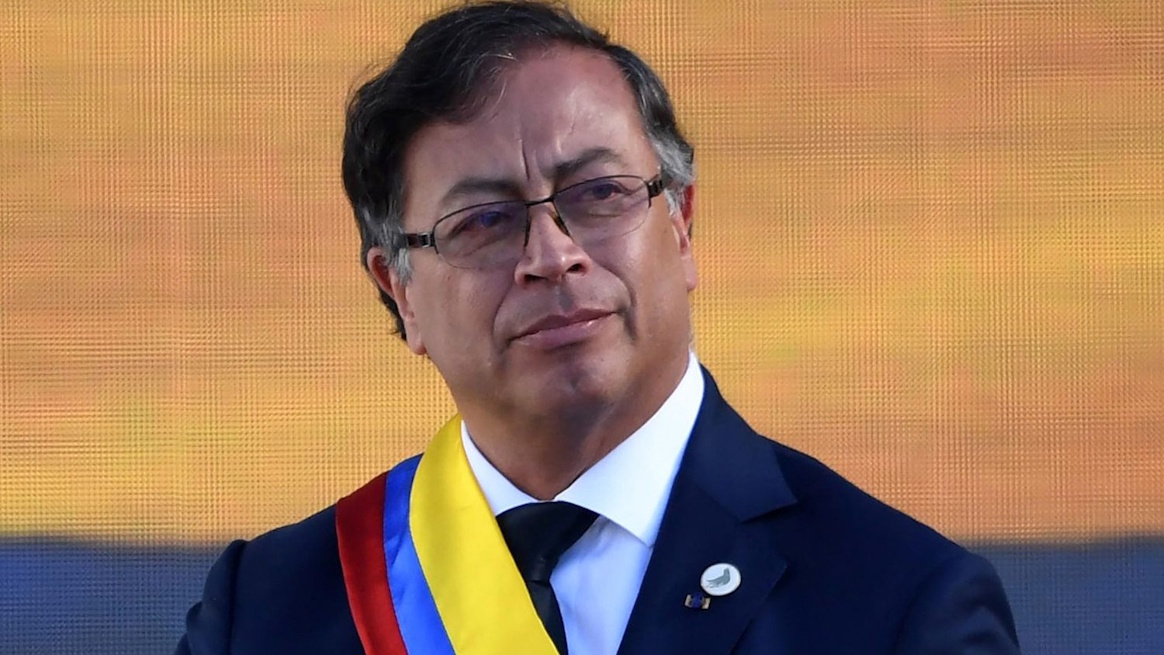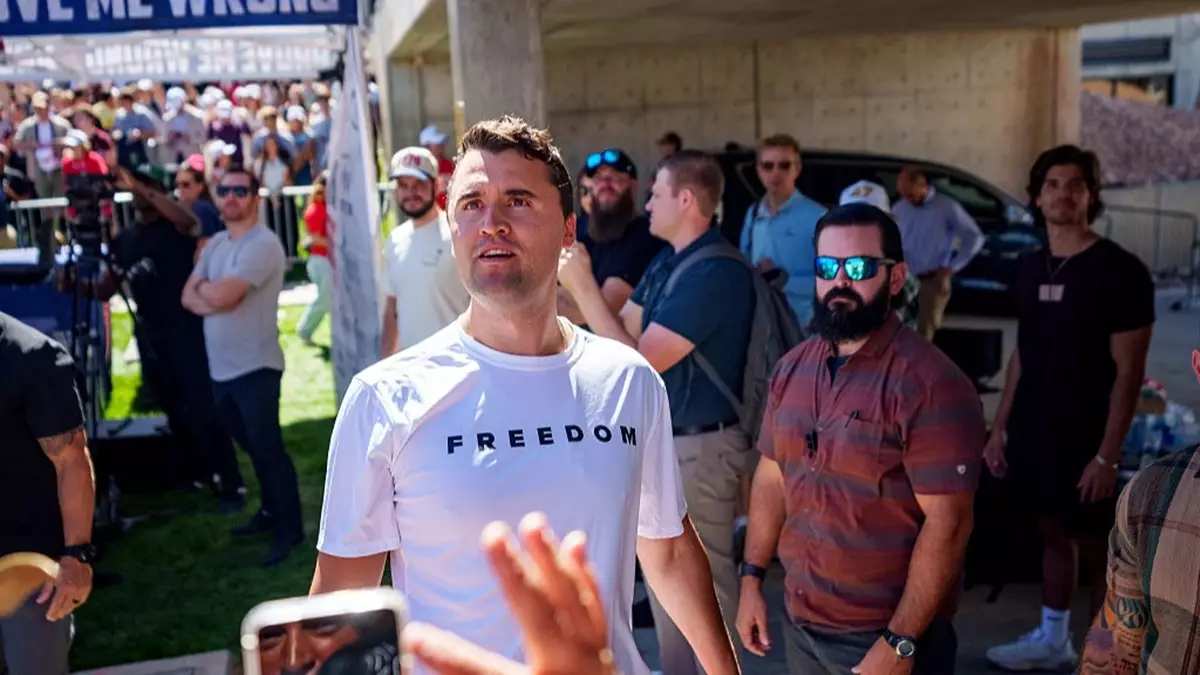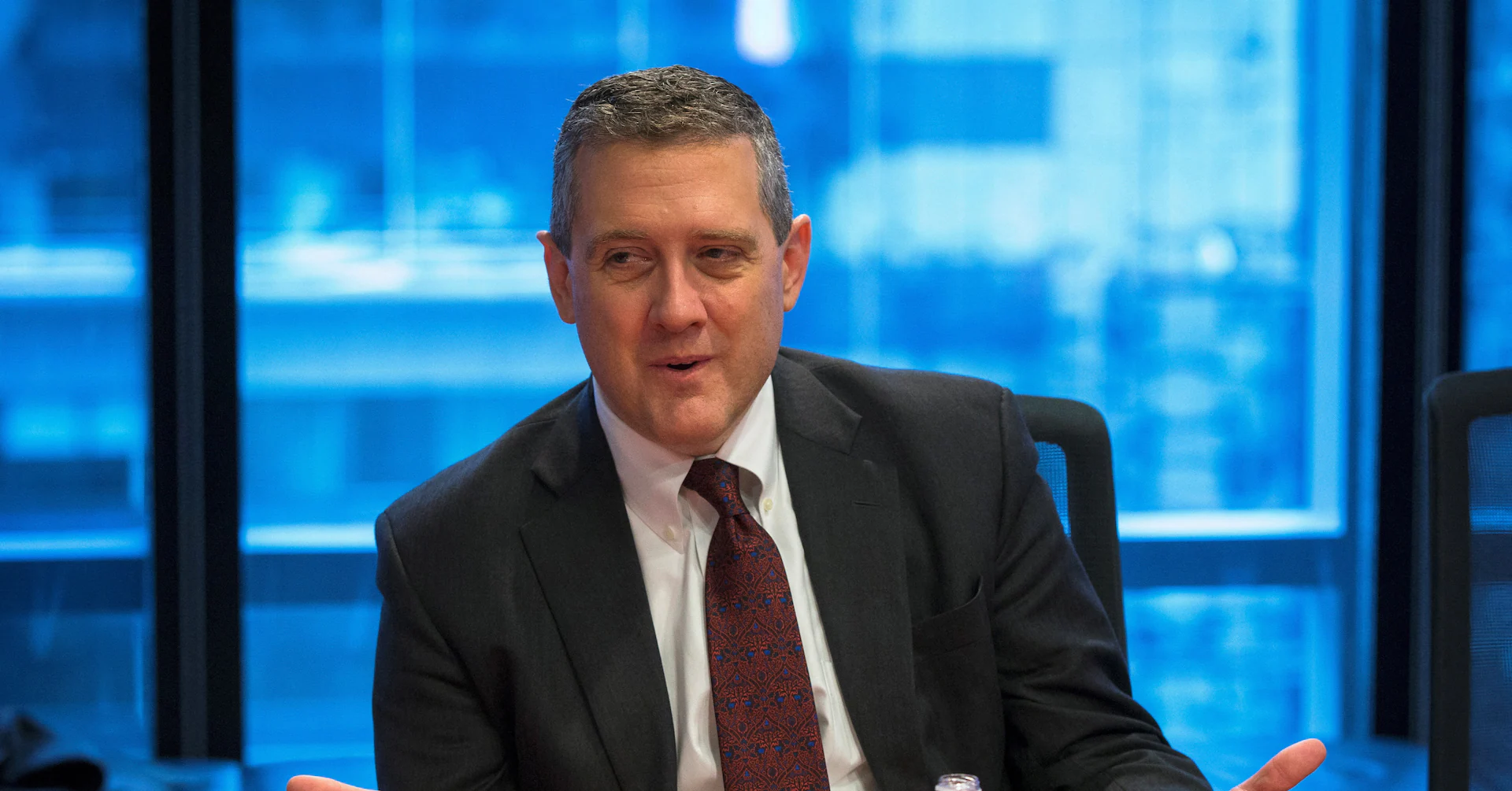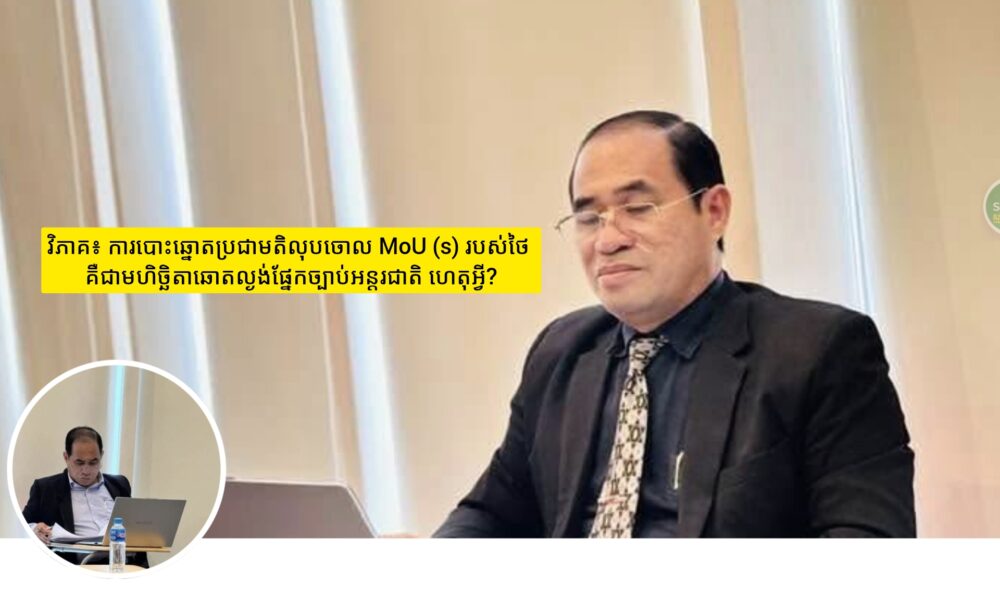By admin
Copyright dawatmedia24

It is profoundly unjust that any current discussion of Colombian President Gustavo Petro fails to give the man his due credit for his speech at the United Nations. In less than an hour, he dismantled the usual lexicon of diplomatic niceties and hypocrisy in the face of the most gruesome genocide the world has witnessed in real-time—a genocide whose perpetrators world leaders fear confronting.
Washington’s revocation of President Petro’s US visa, as a punitive measure, confirms the extent of President Trump’s fury against anyone who dares to speak the naked truth on his own turf. However, the Colombian leader mocked the decision, viewing it as a preliminary cost for his words and subsequent actions in the heart of New York—a cost he does not regret.
International media widely circulated President Petro’s address to the UN General Assembly. It was a rebellious and unequivocal speech, perfectly aligned with his appearance: he deliberately adorned his shirt and wrist with the Palestinian flag and later wore a keffiyeh in the streets of New York. There, he spoke alongside his friend, the global musician and activist Roger Waters, standing with Gaza supporters in Times Square.
Across all the circulated clips—including his remarks at the Hague Group meeting the same week—the message was consistent:
He identified the perpetrator of the genocide in Gaza: Netanyahu, whom he explicitly stated must be held accountable.
He drew a parallel to Venezuela: He warned that Trump’s actions against Venezuela are no less dangerous than the situation in Palestine.
President Petro was clear from the outset, announcing this was his fourth and final time addressing the General Assembly as Colombia’s president, as his term ends this August. He spoke extemporaneously for 40 minutes, unburdened by fear or desire for future positions.
While the content of his UN intervention and his media dialogues throughout the week—particularly his interview with the BBC—exceeded all expectations of clarity and courage, he did not stop there. He escalated his challenge to the US administration by calling on American soldiers to disobey President Trump’s orders.
“Do not aim your missiles at humanity,” he said. “Do not bow to President Trump.” He reminded them of the heroism of their forefathers who fought against Hitler in World War II, emphasizing that the battle today requires standing against the tyrant crushing Gaza, just as they stood against Nazism in the 1940s.
A Revolutionary Signal to Latin America
In fact, more dangerous than the controversy sparked by his statements on Palestine and his characterization of Trump from the UN podium as “impulsive and irresponsible” (his speech, delivered in his native Spanish, was profoundly rebellious) is how his rhetoric is fueling a more revolutionary debate across Latin America amid the region’s complex political climate.
President Petro appeared with another powerful symbol on his shirt: the slogan “War or Death” of Simón Bolívar, the leader who liberated Colombia from Spanish domination. This was a clear nod to the accumulating weight of major power hegemony and the necessity of revolution against it—a sentiment he voiced directly by telling the US President, “We are not your subjects,” and declaring, “The time for revolutions has come, so that humanity does not perish.”
This aligns with his statement on the Gaza genocide: “The latest American veto in the Security Council has destroyed all hopes for diplomacy. Human history shows us that when diplomacy remains deadlocked, it is necessary to move to the next stage.”
Connecting Gaza to Venezuela
While President Petro has been a leading voice in condemning Netanyahu’s crimes in Gaza and Palestine, labeling the Israeli army’s actions as genocide, his diagnosis of US provocation in Venezuela was equally clear and condemnatory.
He sternly warned that the plans being prepared by the Trump administration for Venezuela are no less dangerous than the Israeli expansionist settlement project in the Middle East. He pointed out that the pretext of Venezuelan drug cartels operating under President Maduro’s supervision, flooding the US with narcotics, is nothing but lies on par with the “weapons of mass destruction” in Iraq in 2003. He asserted that the US seeks to use this as a pretext to topple the current government, install a compliant one, and seize Venezuela’s oil and natural resources.
As usual, he didn’t limit himself to direct language. He provocatively told President Trump to note that some drug lords reside near his estate in Miami, and in Paris and other cities—not just in Caracas or in international Caribbean waters waiting to be bombed. He simultaneously highlighted that US banks are among the biggest beneficiaries of drug money.
A Pattern of Punitive Visa Politics
It is telling that since the start of President Trump’s second term last January, the US State Department has consistently used visa revocation as a punitive measure against its staunchest opponents, at least in Latin America.
The decision against President Petro, issued as he was returning to Colombia, follows a similar pattern. Recent examples include the revocation of visas for four Brazilian judges who approved a 27-year prison sentence for the former right-wing President Bolsonaro.
Prior to that, during the heated Ecuadorian presidential elections, the US State Department announced the revocation of the visa of former leftist President Rafael Correa (now a refugee in Belgium) and his family. Correa ironically responded by revealing that neither he nor his children even possessed US visas to begin with. He sarcastically clarified that the alleged reason for the “cancellation” was “corruption charges,” while the US had rolled out the red carpet for former Ecuadorian right-wing President Jamil Mahuad and his allies—the architects of the decision to abolish Ecuador’s local currency and adopt the US dollar, following the models of Panama and El Salvador.
President Petro’s understanding of the situation is not far off. He stated that the visa revocation is merely another demonstration of President Trump’s power, as if he holds the exclusive keys to American soil and the United Nations itself. He considers the decision a targeted attack on any act of resistance for the sake of humanity. He simultaneously affirmed that it is a retaliatory move by the President and his Secretary of State against his pointed messages, and that they will spare no effort in continuing to support Colombia’s right-wing opposition, which is eager to turn the page on the country’s first and only leftist president in the upcoming May elections.
While the ambitions of the Colombian opposition are focused domestically, the Trump administration is hastening its assault on Venezuela and preparing to remove the obstacles it faces in Brazil (Lula da Silva) and Colombia (Petro) in both countries’ forthcoming elections.
Many may view this political maneuvering as the cost of the truth President Petro voiced in New York. But in the end, it remains a sacrifice worthy of a thirty-year trajectory of a revolutionary leader—a leader who chose to speak truth to power, regardless of the consequences.
Support Dawat Media Center
If there were ever a time to join us, it is now. Every contribution, however big or small, powers our journalism and sustains our future. Support the Dawat Media Center from as little as $/€10 – it only takes a minute. If you can, please consider supporting us with a regular amount each month. Thank you
DNB Bank AC # 0530 2294668
Account for international payments: NO15 0530 2294 668
Vipps: #557320
Donate Here



